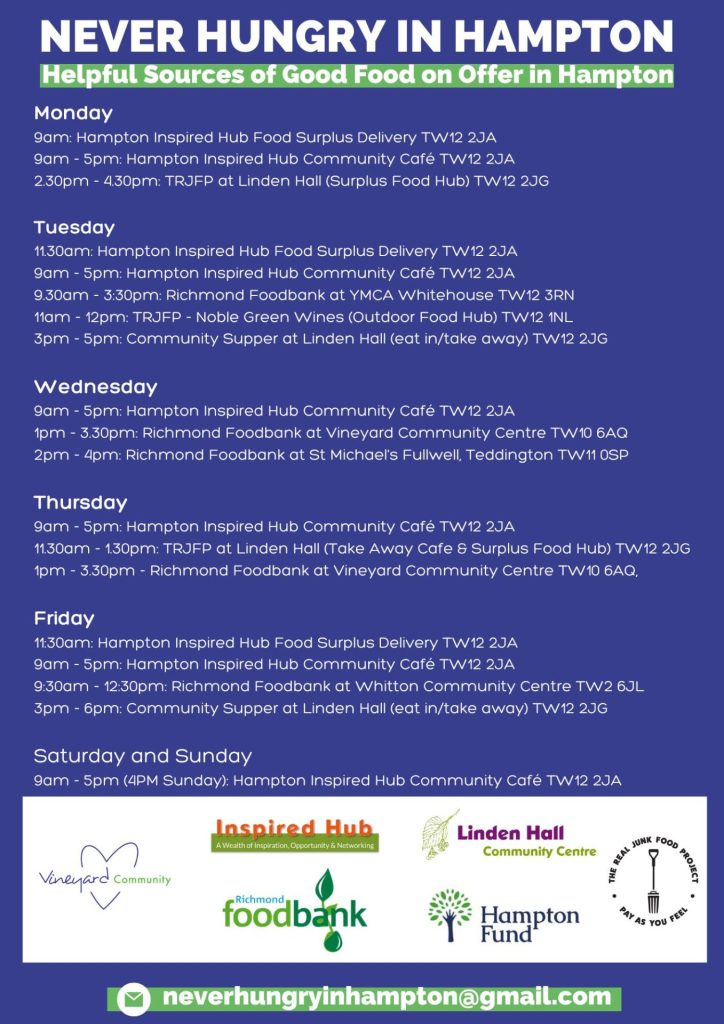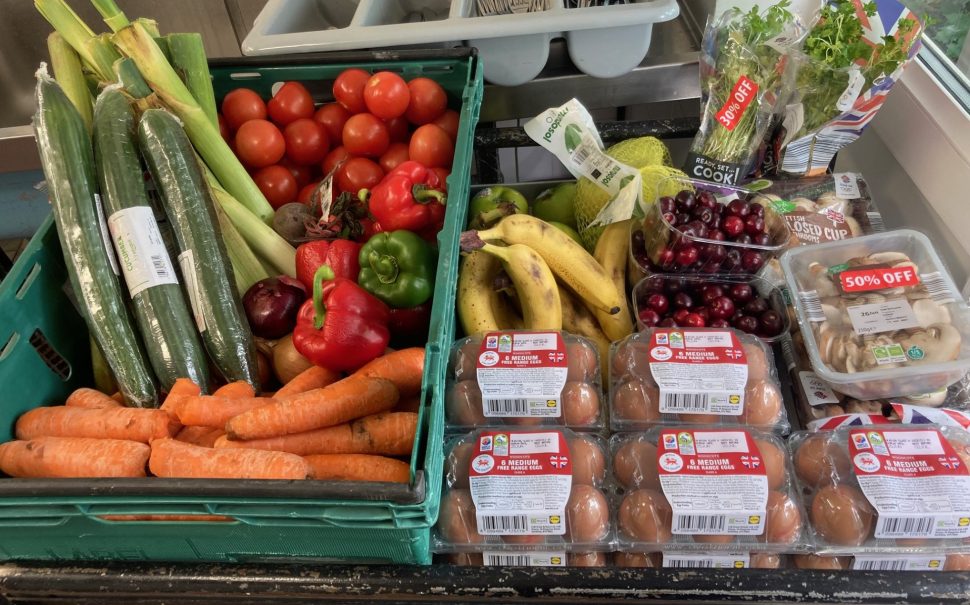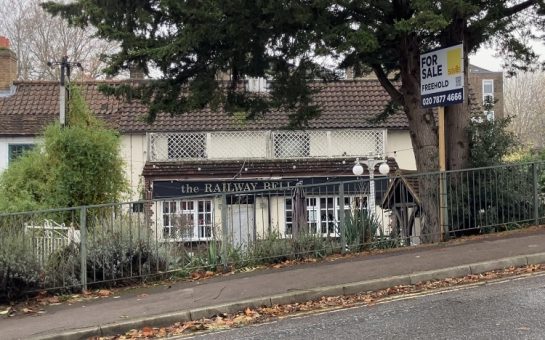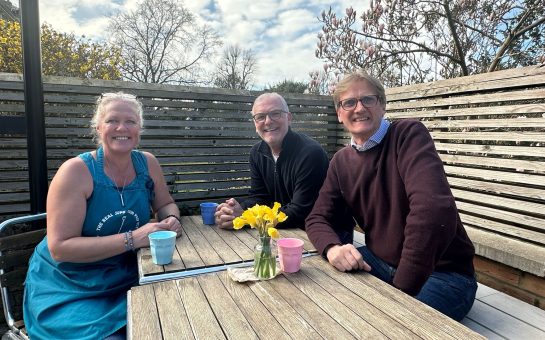The Never Hungry in Hampton project is battling two significant problems in the UK, hunger and food waste.
The total amount of edible food taken to landfill in the UK each year is more than three million tonnes, which equates to seven billion meals potentially available to those who need it most.
Globally, 33% of all food produced for human consumption goes to waste according to the World Wide Fund for Nature’s hidden waste report.
The Never Hungry in Hampton project is helping local and surrounding communities by making freshly cooked meals available to those who need it most from food that would otherwise go to waste.
And by doing so they are feeding the public while helping to resolve the environmental impact of food waste.
Linden Hall Community Centre, The Real Junk Food Project, The Vineyard Community and other local charities are all taking part in the project responsible for providing food to those who need it most.
Janet Fisher, chair trustee of Linden Hall, said: “It’s great I know people are getting fed, otherwise I don’t know what they would be eating that night or if they can afford to turn the gas on to cook themselves.”
Fisher explained the logistics of the project, explaining how the local charities involved know the needs of the public and how working with other organisations in the area allows them to spot gaps.
In turn they can configure a timetable that’s beneficial for all with the mindset of growing the project by bringing in advisors and support workers to discuss other issues in the community.

In the UK, 14 million people are struggling to get enough food to eat and these numbers have climbed significantly due to the cost of living crisis according to FareShare, the largest charity fighting hunger and food waste in the UK.
As a result, there are more people living with food insecurity now than at the height of the COVID-19 pandemic.
A member of the public who uses the service said: “The food is a real support for me, being the sole carer to two young children and also the community support they offer.
“The kids can be a real challenge at times, and I know I’ll be listened to and helped with my problems.”
The environmental impact of food waste in the UK is staggering, as food production and waste creates 35% of the total greenhouse gas emissions emitted, and over a quarter of all the food grown in the UK is never eaten.
FareShare is redistributing surplus food to nearly 10,000 charities which turn the food into meals and is leading the way in fighting hunger and food waste in Britain.
This action creates a positive economic and social outcome for the charities enabling them to reach more people and have a greater impact on those they serve.
Only a few months ago it announced that more than 1,000 charities had backed its call on the government to reinstate funding to redistribute surplus food.
FareShare CEO Lindsay Boswell said: “The public agrees with us, the charity sector agrees with us, and politicians agree with us. It’s time the government stepped up and turned these warm words into reality.”
If the service may be of use to you or you would like to volunteer you can find more information here.
Feature image courtesy of Linden Hall Community Centre





